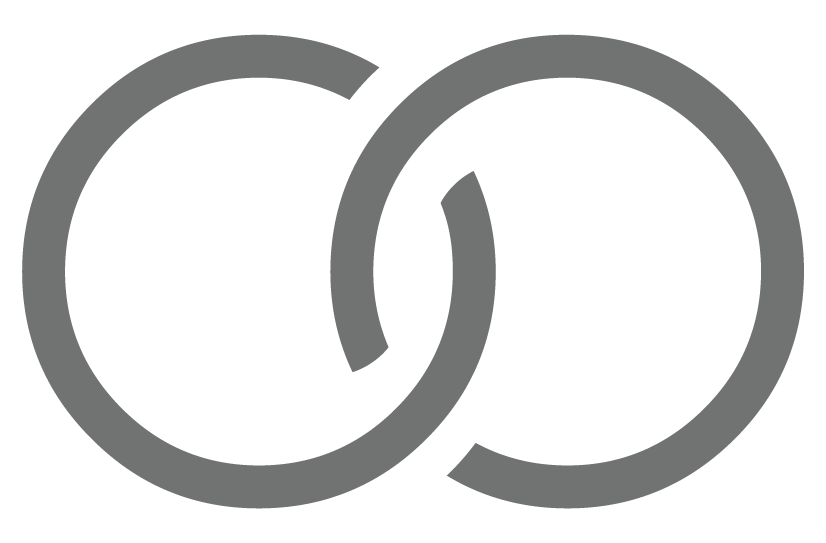
Concepts from the worlds of development, entrepreneurship, innovation and production
MVP (Minimum Viable Product)
- An initial product with the minimum features necessary to meet the customer's need to prove the concept.
Pivot
- A significant change in product or business strategy, usually because of market feedback or insights.
Lean Startup
- An entrepreneurial approach based on rapid development, experimenting with ideas, and receiving quick feedback to avoid wasting time and resources.
Proof of Concept (POC)
- Proof of basic capability of an idea or technology, designed to show that the concept is feasible.
Prototype
- A prototype is an initial model of the product (usually working if possible), aimed at testing usage, design ideas, and functionality.
Disruptive Innovation
- Disruptive innovation that changes a market or industry by creating a new product or service, starting in a niche market and growing into the mainstream.
Scaling
- Significantly increasing business activity after the business model has proven itself, in order to reach larger markets and increase revenue.
Burn Rate
- The rate at which a company's cash, especially a startup, is used before it reaches profitability.
Go-to-Market (GTM) Strategy
- A company's strategy to enter the market and win customers for a new product or service.
Intellectual Property (IP)
- Intellectual Property; legal rights to inventions, patents, designs, or original works.
R&D (Research and Development)
- Research and development; activity for the research of new technologies or products and the development of new solutions.
Crowdfunding
- Crowdfunding (the public) through online platforms to support new projects through small donations from many.
Incubator
- A business incubator that provides support to early-stage startups through consulting, workplace, and other resources.
Accelerator
- A program designed to help startups grow fast through investment, mentoring, and business guidance.
Supply Chain
- Supply chain; the process that includes the production and distribution of a product from the raw material level to the final product by the customer.
Product-Market Fit
- A situation in which a product meets the needs of the market well, indicating the potential for commercial success.
USP (Unique Selling Proposition)
- A unique selling proposition; which distinguishes a product or service from competitors and attracts customers.
Iteration
- A product redevelopment cycle during which improvements and changes are made according to feedback from the market or customers.
Agile Development
- A flexible development method based on short rounds of planning, execution, and testing in order to quickly adapt to changes.
Just-in-Time (JIT)
- A manufacturing method in which inventory is ordered and produced only when needed, in order to reduce storage costs and waste of resources.
Mass Production
- Mass production; the process of producing products in large quantities using machines and automation, which enables production at low cost and uniform quality.
Assembly Line
- Assembly line; a production method in which the product passes through a sequence of workstations, and each station performs a certain stage in the production process.
Economies of Scale
- Economies of scale; savings in production costs as a result of production in large quantities, which reduces the cost per unit.
Automation
- A process in which machines and equipment perform production operations with minimal human intervention, which increases efficiency and reduces errors.
Lean Manufacturing
- Lean manufacturing; a manufacturing approach aimed at reducing waste and increasing efficiency at all stages of production through continuous improvement.
Turnkey Manufacturing
- A development and manufacturing method in which the entire process, including planning, design, engineering, development, modeling, model production, production, and supply, is carried out by one supplier, so that the finished product is delivered ready for use.
Bill of Materials (BOM)
- A detailed list of production specifications, a document detailing all the components, raw materials, and parts required for the production of the final product.
Return on Investment (ROI)
- A financial measure used to assess the profitability of an investment. It expresses the ratio between the profit received from the investment and the cost of the investment itself, and makes it possible to assess whether the investment was worthwhile in terms of economic return.
Injection Molding
- A manufacturing process in which molten plastic is injected into a mold (usually a high-quality metal mold) to create plastic products or components in a specific way. It is one of the most common processes for mass production of plastic products due to the ability to produce a large number of items quickly and accurately.





